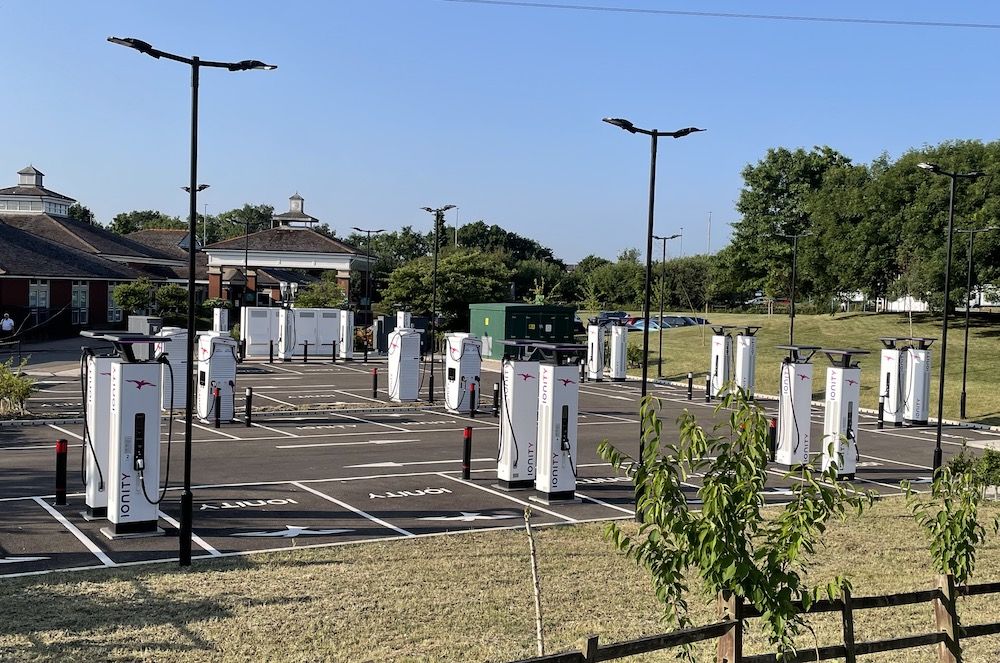A mixture of fiscal and regulatory policies for battery electric vehicles is required to improve the transition to zero emission transport, a think-tank has reported.
Think-tank Bright Blue’s new report, titled Driving uptake: maturing the market for battery electric vehicles, details key barriers to maturing the electric vehicle market and what policies are required.
Specifically, it calls on the government to focus on increasing the uptake for less well-off households who are more likely to purchase EVs through the second-hand marketplace.
“Front-loading” the plug-in car grant to £5,000 from April 2021 and then reducing it until 2023 to encourage households and businesses to purchase BEVs as soon as possible.
Establish a used vehicle plug-in car grant of at least £2,000 to support low income people into BEV ownership.
Enable enhanced capital allowances for businesses which purchase zero emission vehicles for the purpose of renting and leasing them.
Introduce a mandate immediately stating that all new vehicle purchases for the public fleet (central and local government) must be BEVs.
Introduce an obligation on all local authorities to install on-street electric vehicle chargepoints within three months when requested by residents unless there are reasonable grounds for objecting, facilitated by an online system established and administered by the local authority.
Make interoperability a condition for central and local government funding towards chargepoints.
Require all petrol stations above a certain size to have at least three rapid chargepoints by 2023, funded in part by the petroleum company that ultimately owns a petrol station and in part by government
Make the inclusion of estimated lifetime costs mandatory for all used as well as new vehicle sales alongside the retail upfront price.
Commenting Patrick Hall, senior researcher of Bright Blue and co-author of Driving uptake: maturing the market for battery electric vehicles, said: “Whilst the UK Government has taken steps to grow the market for battery electric vehicles and their uptake has been trending in the right direction over the last decade, there remains a long way to go before the UK’s battery electric vehicle market is comparable to that of other high-performing countries. It is imperative that the market for battery electric vehicles – both new and used – grows substantially over the next decade if the UK is to meet its legal net zero 2050 emissions target.
“The common characteristics of an electric vehicle owner include being affluent, well-educated, middle-aged and male. It is important that less well-off households are not left behind in the electric transition, and as such, policies to bolster the second hand market are critical. Focussing on the used market for battery electric vehicles will achieve both better progressive and environmental outcomes.”
Responding to the report, a Department for Transport spokeswoman said: “This Government is going further and faster than ever before to decarbonise transport and to end the UK’s contribution to climate change by 2050.
“One in ten cars sold in the UK in 2020 had a plug, and with record numbers of zero and low emission vehicles on the roads, our £2.8bn strategy is powering the electric transition to incentivise drivers and create a cleaner, greener transport system for all.”














